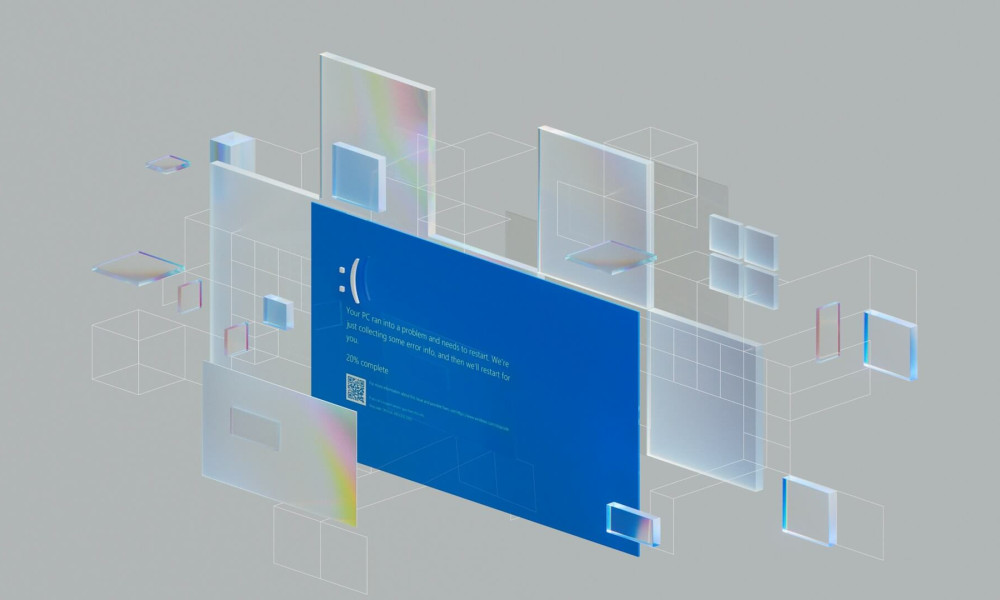Flawed CrowdStrike Update Causes Global Chaos
A seemingly routine software update from cybersecurity firm CrowdStrike turned into a global IT nightmare when it caused widespread system failures on Windows endpoints. The incident, which unfolded rapidly on Friday, 19th July 2024, left businesses and organisations scrambling to restore operations as critical systems ground to a halt.
The faulty update triggered a chain reaction, resulting in Blue Screen of Death (BSOD) errors that rendered countless computers inoperable. The impact was far-reaching, disrupting everything from office productivity to critical infrastructure. Reports poured in from around the world as users and IT departments grappled with the sudden and unexpected outage.
While the exact cause of the issue is still under investigation, preliminary findings suggest a coding error within the CrowdStrike update that caused compatibility issues with the Windows operating system. The rapid escalation of the problem highlights the potential consequences of even minor software glitches in today's interconnected digital landscape.
The incident serves as a stark reminder of the critical role that software updates play in maintaining system security and stability. While updates are essential for patching vulnerabilities and improving performance, they must undergo rigorous testing to prevent unforeseen consequences. This incident underscores the need for robust quality assurance processes to ensure the reliability of software updates.
Beyond the immediate disruption, the CrowdStrike update fiasco raises broader questions about cybersecurity and IT risk management. Organizations must reassess their dependency on third-party software and develop contingency plans to mitigate the impact of similar incidents. Diversifying security solutions and implementing robust disaster recovery strategies can help to reduce vulnerabilities and minimize downtime.
As investigations into the root cause of the issue continue, it is essential to learn from this experience to prevent similar occurrences in the future. The IT industry must collaborate to establish best practices for software development, testing,and deployment. Additionally, organizations must invest in employee training to build awareness of potential risks and empower them to respond effectively to IT incidents.
While the immediate impact of the CrowdStrike update has been significant, the long-term consequences for the cybersecurity industry remain to be seen. The incident has undoubtedly eroded trust in some quarters and will likely lead to increased scrutiny of software updates and vendor management practices. As the digital landscape continues to evolve,it is imperative that the industry learns from this experience and takes proactive steps to enhance software reliability and resilience.


